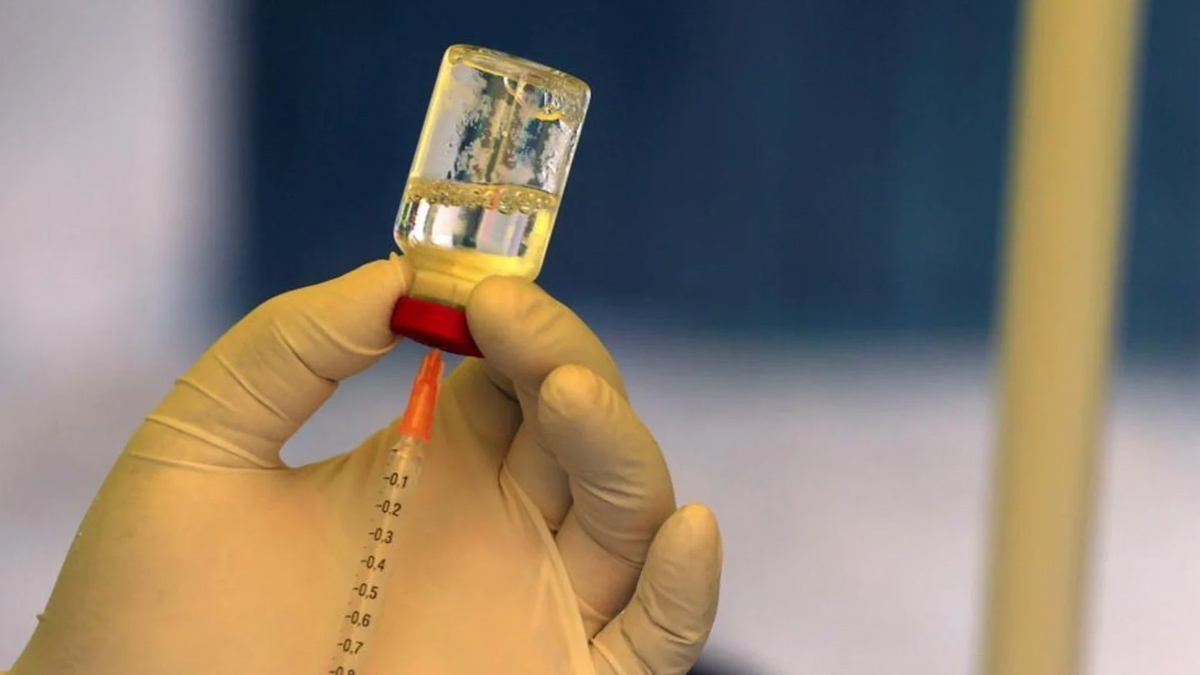-1736148621374.webp)
In response to escalating global concerns over the Human Metapneumovirus (HMPV), particularly after significant outbreaks in China and Malaysia, Delhi health authorities have rolled out stringent measures to curb the virus's potential spread. This comprehensive advisory focuses on isolation protocols, mandatory reporting, and enhanced preparedness across healthcare facilities in the national capital.
Table of Content:-
Stricter Isolation and Reporting Guidelines
Delhi’s health department has issued a mandate requiring hospitals to isolate suspected cases of HMPV immediately. This is aimed at preventing intra-hospital transmission, particularly among vulnerable patients, such as those with compromised immune systems.
-1736148750497.jpg)
Hospitals are also obligated to report all cases of Influenza-like Illness (ILI) and Severe Acute Respiratory Infection (SARI) via the Integrated Health Information Platform (IHIP) portal. Accurate documentation is crucial for tracking and responding to HMPV cases efficiently.
Dr Neha Sharma, a senior health official in Delhi, explained, “By isolating suspected cases and maintaining proper records, we aim to stay ahead of the virus and protect public health.”
Also Read: Are We Heading for Another Pandemic? Highly Infectious Diseases to Watch in 2025
Enhanced Preparedness at Healthcare Facilities
In addition to the isolation and reporting protocols, the advisory emphasizes the availability of essential medications and equipment. Hospitals have been directed to ensure adequate stocks of paracetamol, antihistamines, bronchodilators, cough syrups, and oxygen. These resources are critical for managing mild to moderate cases and reducing complications.
Healthcare professionals have also been instructed to prioritize standard infection control measures, including frequent sanitization and the use of personal protective equipment (PPE).

Understanding HMPV: How It Spreads and Its Impact
HMPV is a respiratory virus first identified in 2001 by Dutch researchers. It primarily affects the upper and lower respiratory tract, leading to symptoms like fever, cough, nasal congestion, and shortness of breath. Children, older adults, and individuals with weakened immune systems are at a higher risk of severe illness.
The virus spreads through respiratory droplets, close contact with infected individuals, or contaminated surfaces. While most cases are mild, severe complications can arise in vulnerable populations, making early detection and isolation vital.
Also Read: India Reports First HMPV Case; Infant Tests Positive in Bengaluru Hospital
Union Health Ministry: No Cause for Panic
Amid these developments, the Union Health Ministry has reassured the public that India is well-prepared to manage HMPV-related challenges. Surveillance mechanisms have not indicated an unusual surge in cases domestically. The ministry has also sought updates from the World Health Organization (WHO) to remain informed about global trends.
A senior official emphasized, “The situation is being closely monitored. We are fully equipped to respond effectively should the need arise.”
What Can the Public Do?
To support these efforts, individuals are urged to follow basic preventive measures:
- Wear Masks: Especially in crowded or poorly ventilated spaces.
- Practice Hygiene: Wash hands frequently and avoid touching the face.
- Stay Informed: Keep track of updates from reliable health authorities.
Delhi’s robust response to HMPV reflects a commitment to safeguarding public health. By combining strategic measures with community awareness, the capital is setting a benchmark in pandemic preparedness.
Also watch this video
Read Next
Leading A Sedentary Lifestyle? 19 Health Problems You Might Face If You Don’t Break the Habit
How we keep this article up to date:
We work with experts and keep a close eye on the latest in health and wellness. Whenever there is a new research or helpful information, we update our articles with accurate and useful advice.
Current Version